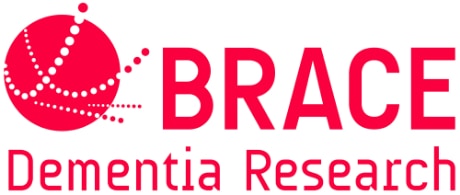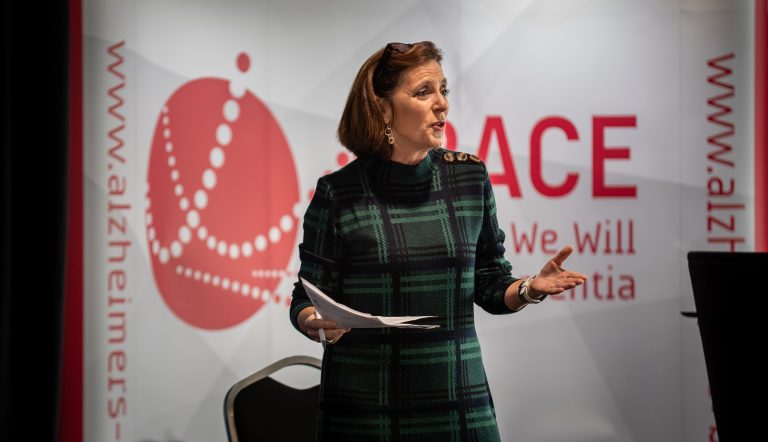Why make a Lasting Power of Attorney?
“Why should I bother making a Power of Attorney? There is nothing wrong with me.”
“I wouldn’t want to be treated like that”
“It’ll never happen to me…”
Powers of Attorney can be likened to house insurance policies. You sincerely hope that your house does not burn down, but if it does, having insurance in place can make all the difference.
Powers of Attorney are documents whereby you nominate trusted individuals to make decisions on your behalf. There are two types – one for property & financial affairs and another for health and welfare.
Property & Financial Affairs
If you are struck with an illness, or perhaps are unable to get to the bank, how will you manage to pay your bills or arrange for payments to be made on your behalf? What if you need to sell your house, but you are struggling with the paperwork? By choosing ahead of time who you would want to help you, you can ensure that if the time comes when you are unable (or unwilling) to manage your finances that you have put in place a mechanism to ensure that the world can carry on.
Health & Welfare
If you are unable to make your views known about your health and welfare and you lose capacity because of dementia or another illness, then who will be making decisions about how and where you live or what treatment you should receive if you are in hospital? Are these people that you know well, or are they people that would perhaps be making a decision on your behalf in a well-meaning fashion, but not doing what you would want?
Would you rather a friend or family member make these decisions for you so that you can tell them exactly what you want?
I don’t have a Power of Attorney – what then?
If there is no power of attorney in place and decisions need to be made about you, then these decisions will need to be made in your best interests. Who will make them? To enable access to your finances, an application will be needed to the Court of Protection for a Deputy to be appointed. This can be a lengthy process and in the intervening period, it can perhaps be difficult to access finances, such as bank accounts or savings.
If decisions need to be made about your health, these will often be made based on what other people consider to be in your best interests. Their view of best interests may be very different to yours, but if you have not nominated an attorney, then this can be someone that knows you and your wishes well.
What do I do now?
The choice is yours. If you are happy to ask someone to make decisions on your behalf in the event that you are unable to, a power of attorney is for you.
If you are happy for decisions to be made for you, then it is entirely reasonable for you not to prepare a power of attorney.
It is worth remembering though that you or your family may be left in a difficult position if they do not have authority to make decisions on your behalf.
If you would like more information on Power of Attorney, please go to this government site here: www.gov.uk/power-of-attorney.
Written by Heledd Wyn, Head of Long Term & Elderly Care at a large law firm. Heledd was also a BRACE trustee between 2017-2021.
Share this page




